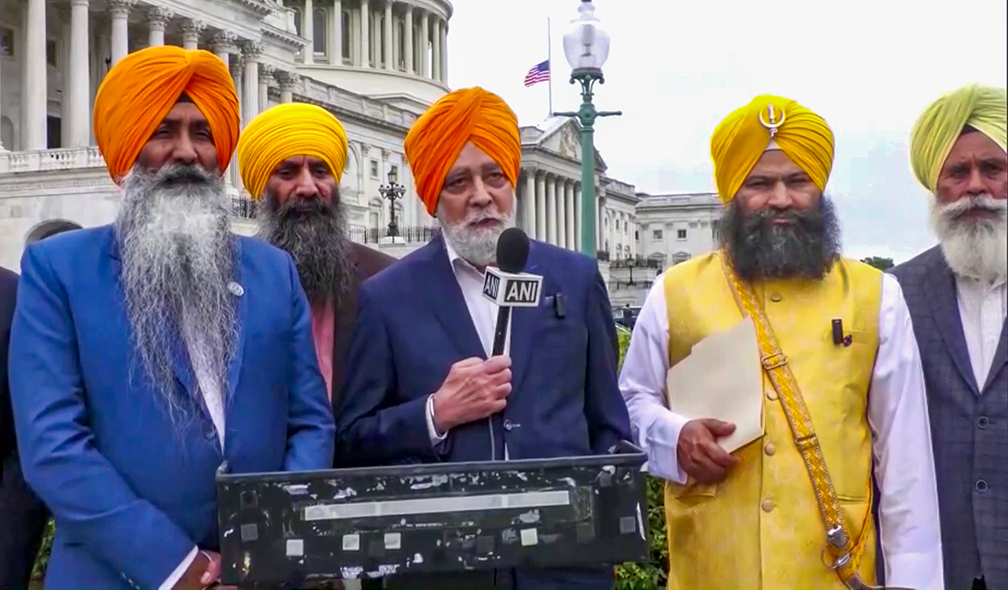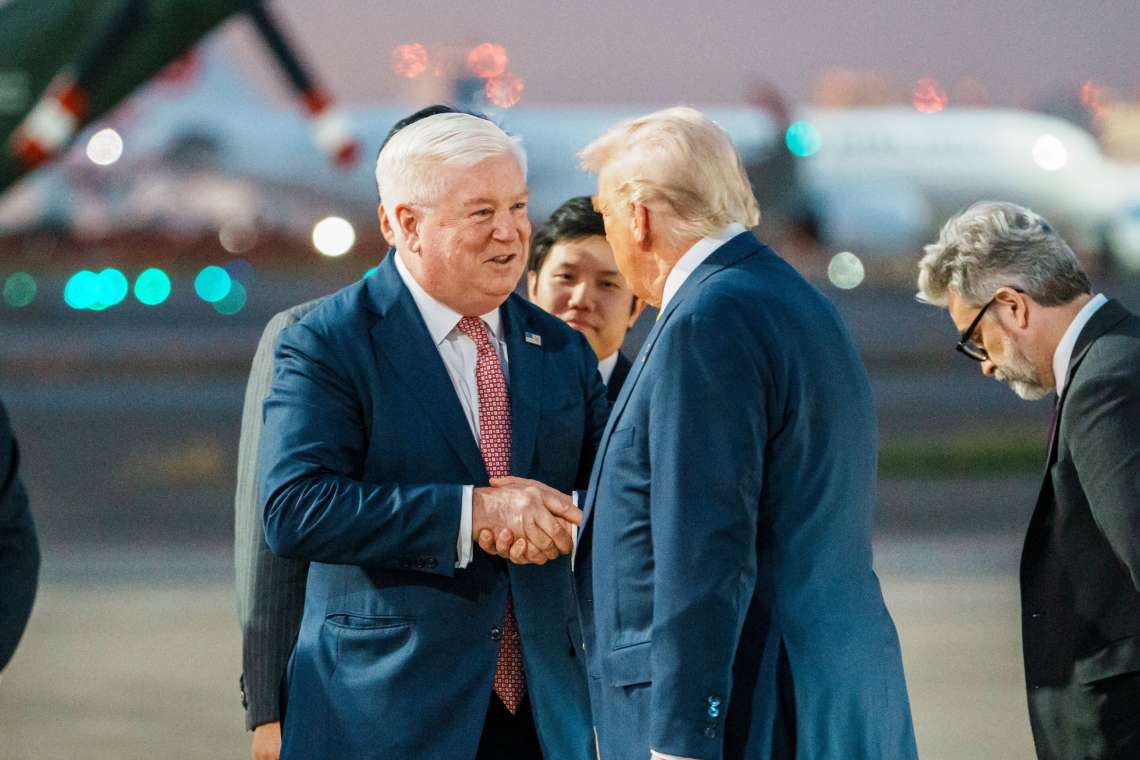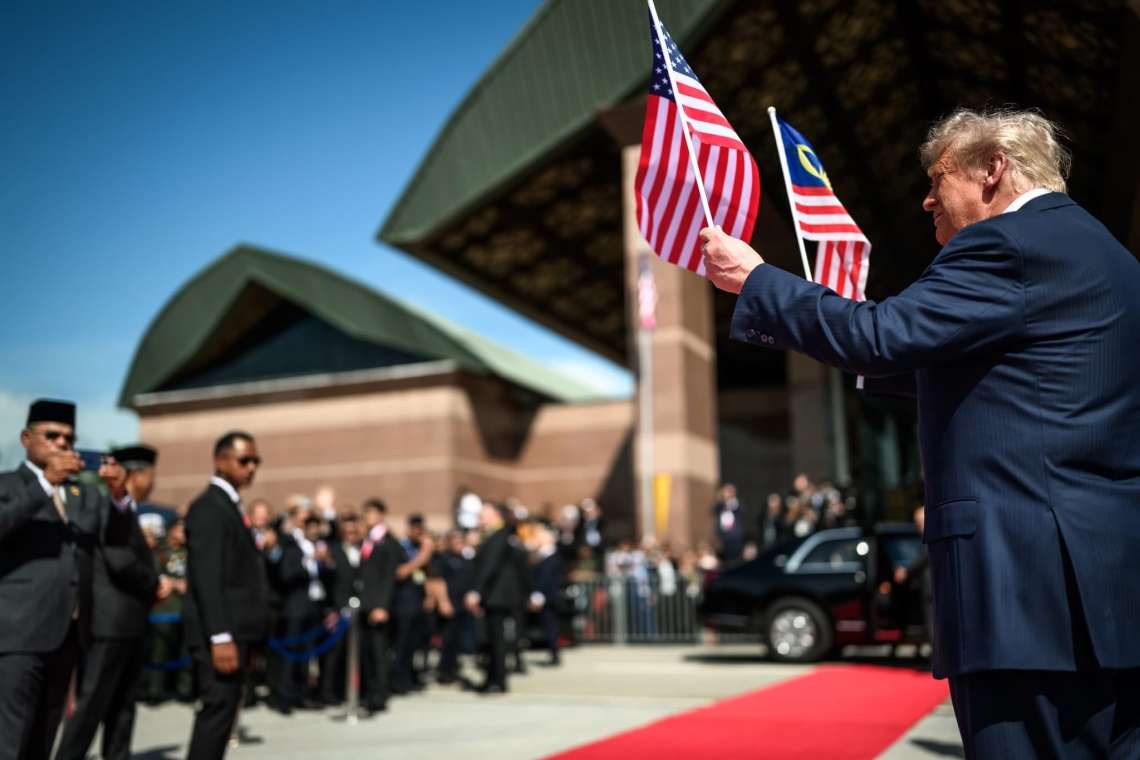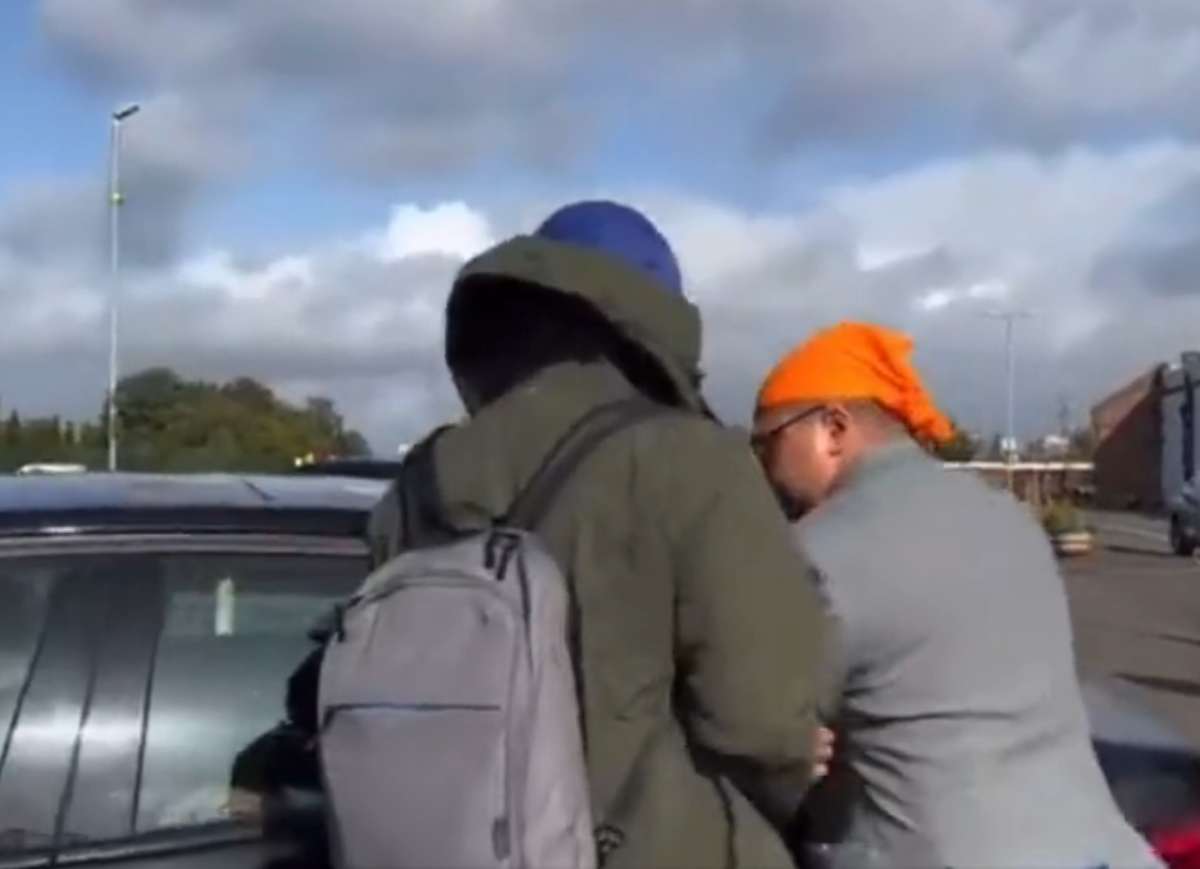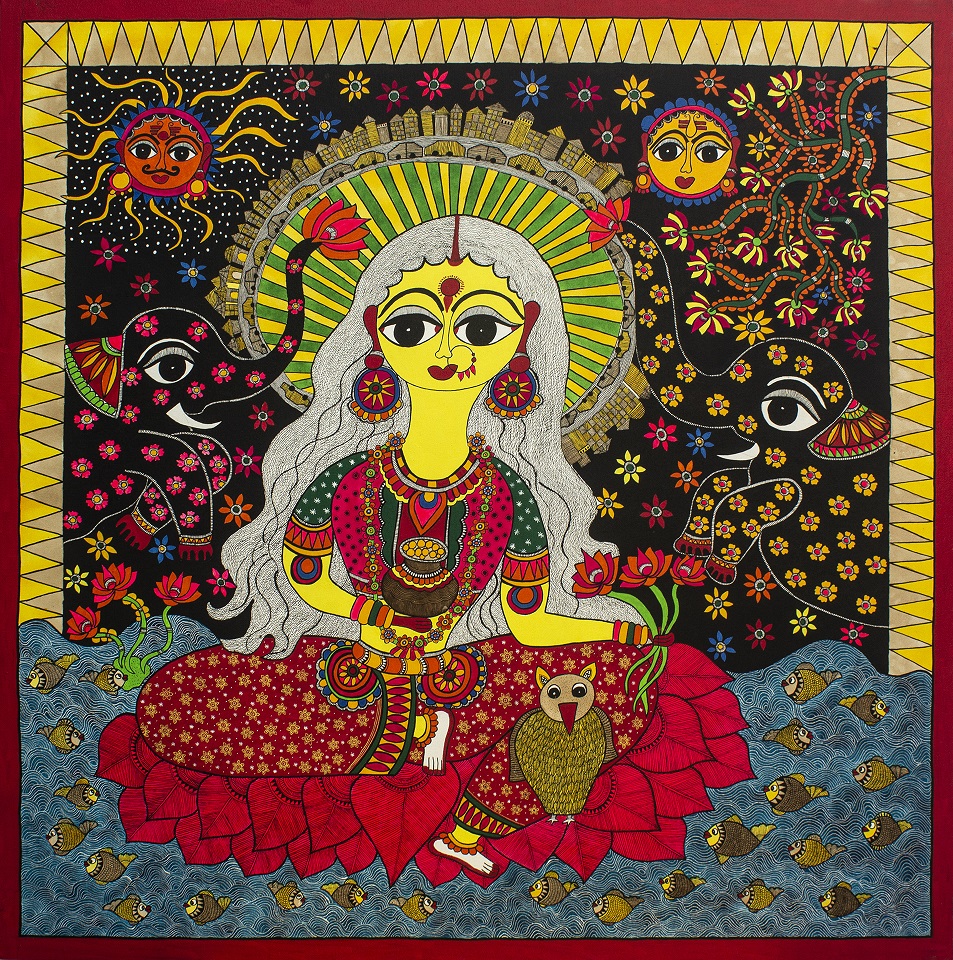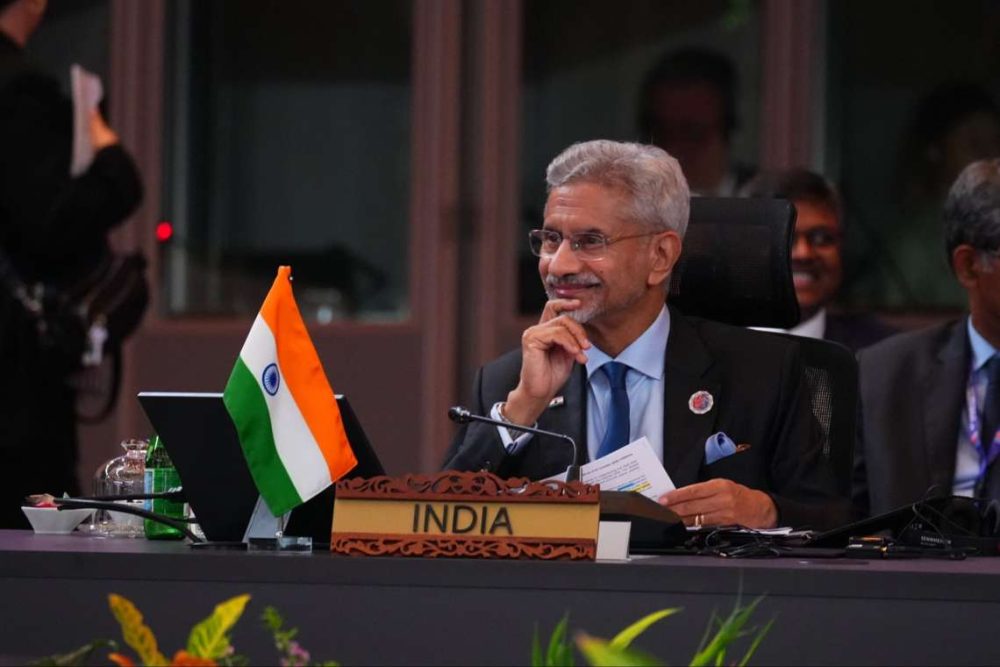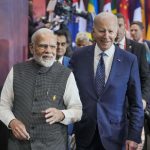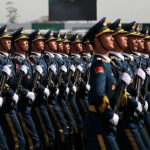Traditionally, the opening prayers in the House are conducted by Christian priests, making this occurrence even more significant…writes Manjari Singh
A remarkable moment unfolded on Capitol Hill as Granthi Giani Jaswinder Singh, hailing from New Jersey, became the first Sikh religious leader to offer prayers to commence the proceedings of the US House of Representatives.
This groundbreaking event took place at the Pine Hill Gurdwara in New Jersey, where Singh began the day’s legislative agenda this past Friday.
Traditionally, the opening prayers in the House are conducted by Christian priests, making this occurrence even more significant.
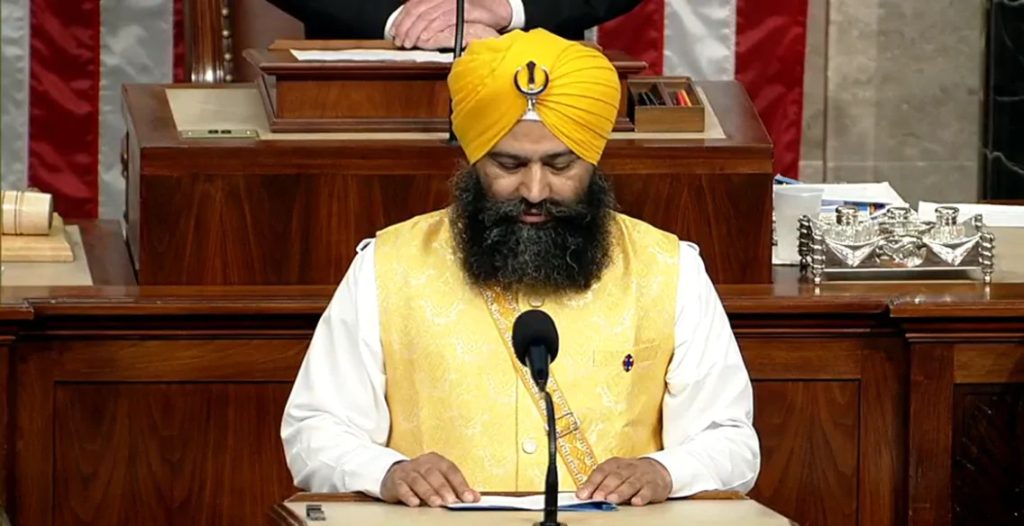
The decision to invite Granthi Giani Jaswinder Singh to initiate the proceedings was announced by House Speaker Kevin McCarthy, marking a historic shift in the diversity and inclusivity of religious representation in the highest legislative body of the United States.
Following the solemn prayer, Congressman Donald Norcross took the floor to mark this momentous occasion, emphasizing its historical significance.
Singh’s presence as the first Sikh chaplain to lead the prayers in the US House of Representatives reflects the country’s commitment to upholding the principles of religious freedom and the acceptance of diverse faiths.
“The history made today is a reminder that the United States welcomes and values and will remain committed to the free expression of religion.
Giani Singh has made South Jersey proud today, and it is an honor to be a part of this moment with him,” Congressman Norcross stated, echoing the sentiments of unity and respect for religious diversity that the nation holds dear.
This landmark event not only celebrates the rich canvas of religious traditions in America but also serves as a testament to the inclusivity and diversity that continue to be the core values of the United States House of Representatives.
Granthi Giani Jaswinder Singh’s historic prayer marks a step forward in fostering understanding, respect, and unity among the various faith communities, especially the Sikh community, in the United States.


